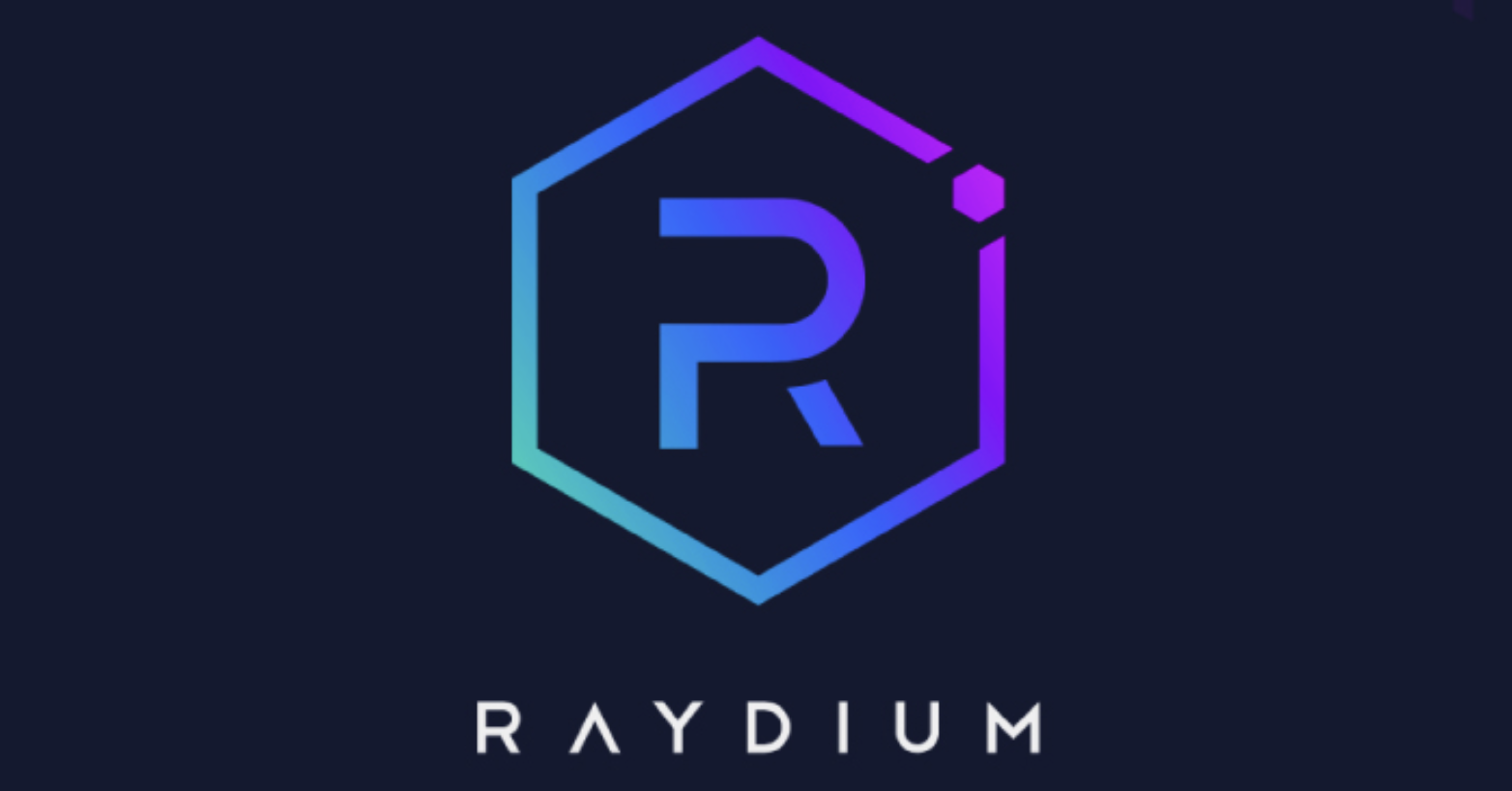Raydium: Plataforma de Negociação e Liquidez Descentralizada Líder no Ecossistema Solana
Análise aprofundada do Raydium como o protocolo AMM central do ecossistema Solana, explorando seu modelo de pool de Liquidez, mecanismo de distribuição de taxas e direção de desenvolvimento futuro, para ajudá-lo a entender plenamente esta eficiente plataforma de negociação descentralizada.Visão Geral do Raydium e Posicionamento Central

Raydium é um protocolo de criador de mercado automatizado (AMM) construído na blockchain Solana, combinando um AMM tradicional com um modelo híbrido de livro de ordens centralizado para proporcionar aos usuários uma experiência de negociação rápida e de baixo custo. Ele não só suporta a criação de pools de liquidez sem permissão, mas também permite que os ativos sejam utilizados ao máximo na cadeia, tornando o Raydium a plataforma preferida para traders e provedores de liquidez no ecossistema Solana. Embora o recurso de integração do livro de ordens inicial tenha sido desativado, seu conceito arquitetônico ainda tem um impacto profundo.
Vantagens técnicas e diversificação de modelos de liquidez
A velocidade de negociação do Raydium beneficia-se da eficiente blockchain Solana, permitindo que as transações sejam concluídas em segundos com taxas muito baixas. A sua inovação reside na integração de liquidez, tendo anteriormente partilhado liquidez com o livro de ordens OpenBook para aumentar a eficiência de correspondência e reduzir o slippage. Além disso, o Raydium oferece três principais pools de liquidez:
- AMM v4 (AMM Híbrido): Pool de negociação de ativos padrão e amplamente suportado.
- Constant Product Market Maker (CPMM): Semelhante ao Uniswap V2, adequado para ativos de longo prazo.
- Pool de Liquidez Concentrada (CLMM): Semelhante ao Uniswap V3, permitindo que os fornecedores de liquidez personalizem o intervalo de capital para melhorar a eficiência do capital.
Esses tipos de pool atendem às necessidades de diferentes usuários, permitindo que todos, desde iniciantes até provedores de liquidez experientes, encontrem estratégias adequadas.
Estrutura de taxas e economia de tokens
A Raydium cobra uma certa porcentagem de taxa para cada transação e provisão de liquidez, que é razoavelmente alocada para apoiar o desenvolvimento sustentável do ecossistema. Inclui principalmente:
- Taxas de transação: Uma parte é alocada aos fornecedores de liquidez como recompensas, parte é utilizada para recomprar tokens RAY, e outra parte vai para o tesouro do protocolo para apoiar as operações da plataforma.
- Taxa de recompra: Usada para compras no mercado e a destruição de RAY, ajudando a controlar a inflação do token.
- Taxas de gestão: utilizadas para a construção de infraestrutura, incentivos à comunidade e manutenção de segurança.
- Taxa de estabelecimento do pool: Prevenir abusos e garantir o desenvolvimento saudável do protocolo.
Este mecanismo de taxas equilibra efetivamente os interesses dos usuários com o crescimento a longo prazo da plataforma.
Expansão Ecológica e Perspetivas Futuras
Raydium não é apenas uma exchange descentralizada, mas também uma infraestrutura DeFi importante no ecossistema Solana. Oferece uma variedade de funções, incluindo mineração de liquidez, a plataforma de emissão IDO AcceleRaytor e governança DAO. No futuro, a Raydium continuará a promover pools de liquidez concentrada para aumentar a eficiência do capital e fortalecer o ciclo de utilidade e valor do token RAY. Além disso, a integração de liquidez entre cadeias e a colaboração com outros protocolos DeFi também estão sendo planejadas, com o objetivo de criar um ecossistema mais composável e líquido.
Resumo
Raydium, com sua inovadora arquitetura de AMM híbrido, diversos pools de liquidez e um bem estabelecido mecanismo de distribuição de taxas, mantém firmemente a posição central de liquidez no ecossistema Solana. Ele não apenas fornece aos usuários uma experiência de negociação rápida e de baixo custo, mas também oferece um forte suporte para projetos DeFi. Seja para iniciantes ou fornecedores de liquidez profissionais, Raydium é uma ferramenta essencial para entrar no ecossistema Solana.